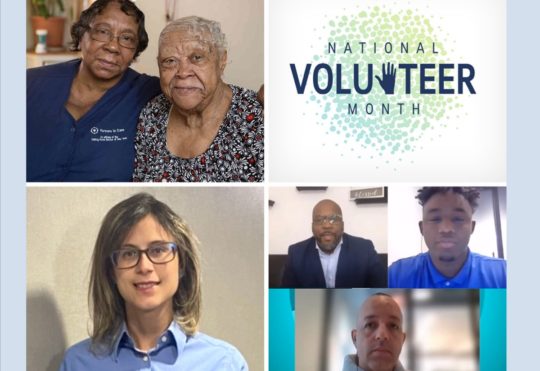Happy Birthday, Lillian Wald! A Special Feature on How VNS Health’s Founder Helped Lead the Women’s Suffrage Movement
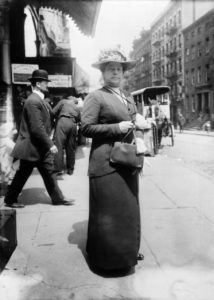
Today, as part of our Women’s History Month celebration, Frontline is honored to highlight VNS Health’s founder, Lillian Wald. Born on this day, March 10th, in 1867, Lillian became one of the most influential individuals of her time. Most people are familiar with her history as a ground-breaking social worker, public health nurse and settlement leader. In addition to her tireless efforts to provide accessible, in-home nursing care to the residents of New York City, however, Lillian was also a significant figure in the women’s suffrage movement as well as causes that improved the lives of children, immigrants and laborers.
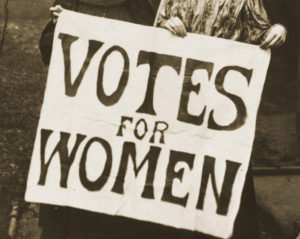
As the author of multiple articles championing the rights of women, Lillian was among America’s most vocal leaders in the fight to allow women to vote. In her essay “Arguments for Woman Suffrage,” she wrote, “I believe that men and women possess inherent rights to the franchise, and that discrimination on account of sex is illogical in our generation, since women as well as men are educated and are educators, since women as well as men are wage-earners, possess property, serve the public and are served by it.”
In another article, “Why You Should Vote for Woman Suffrage,” which was published in the newspaper New York World, Lillian argued, “In a country that is committed to [our] principle of government, there should be no intellectual question as to who has the right to be represented and who has not. Everybody has the right.”
In addition to her frequent writings, Lillian organized marches and served as honorary vice-chair of the Woman Suffrage Party of New York from 1909 to 1917. Her party work included campaigning for the 1915 referendum that would have allowed women to vote in New York State. The referendum—which only men could vote on—didn’t pass, and it took two more years of repeated defeats before a second referendum finally gave New York women the right to vote in elections within the state.
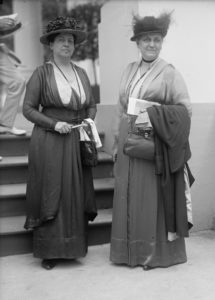
After the passage of the 1917 referendum, Lillian wrote to her friend Jane Addams, founder of the Hull House settlement in Chicago, telling her, “We are nearly bursting over our citizenship. … I had no idea that I could thrill over the right to vote.” Three years later, the ratification of the 19th Amendment made voting in any election the right of all Americans, regardless of gender.
With the fight for equality among her highest priorities, Lillian’s advocacy spanned multiple social justice causes. She played instrumental roles in establishing the National Association for the Advancement of Colored People, an organization dedicated to eliminating race-based discrimination and ensuring the health and well-being of all persons; the United States Children’s Bureau, the first federal agency within the U.S. Government to focus exclusively on improving the lives of children and families; the National Child Labor Committee, which worked to promote child labor laws; and the National Women’s Trade Union League, the first national association dedicated to organizing women workers.
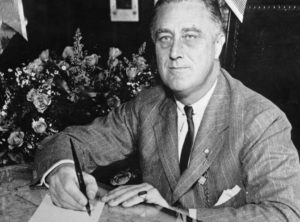
Lillian’s impact on public health and human rights are evident not just in New York City, but worldwide, making her one of the most significant social reformers of the 20th century. As President Franklin Roosevelt noted in his message marking Lillian’s passing in 1940, at age 73, she had “discernment and vision, a heart overflowing with compassion . . . [and] indefatigable industry. She did her great work without thought of self.”
